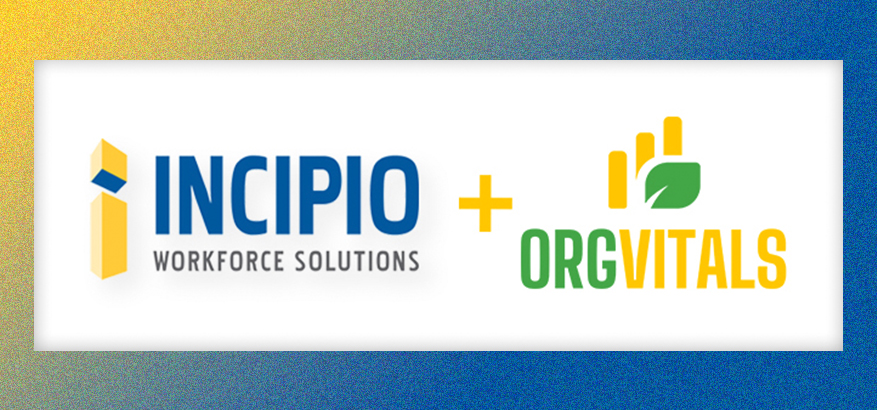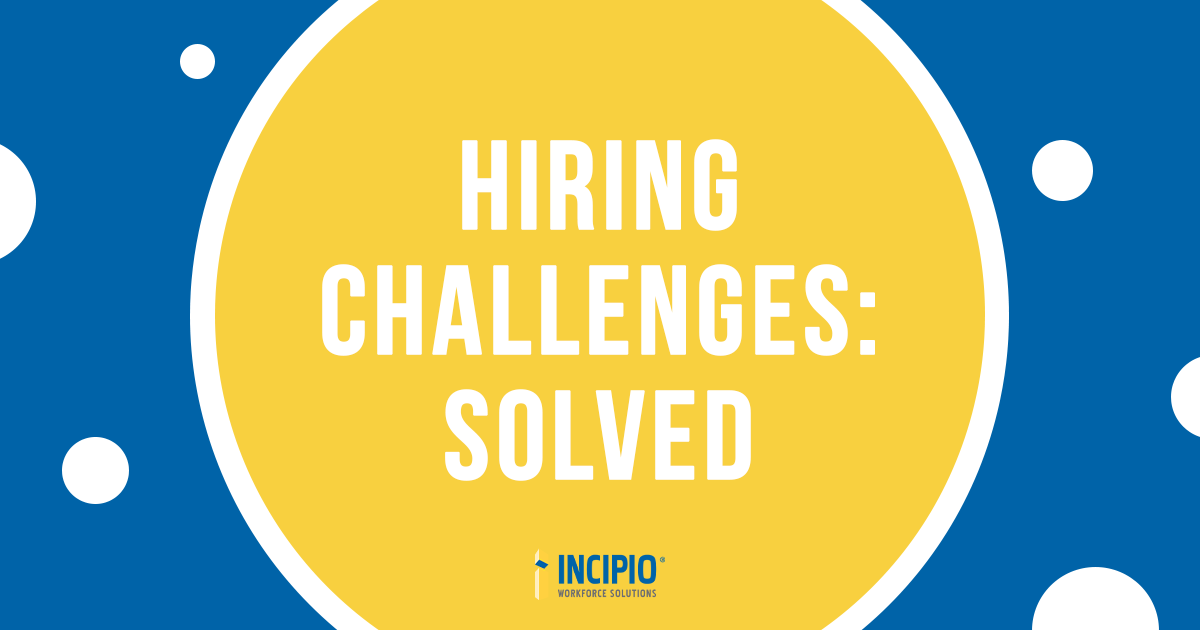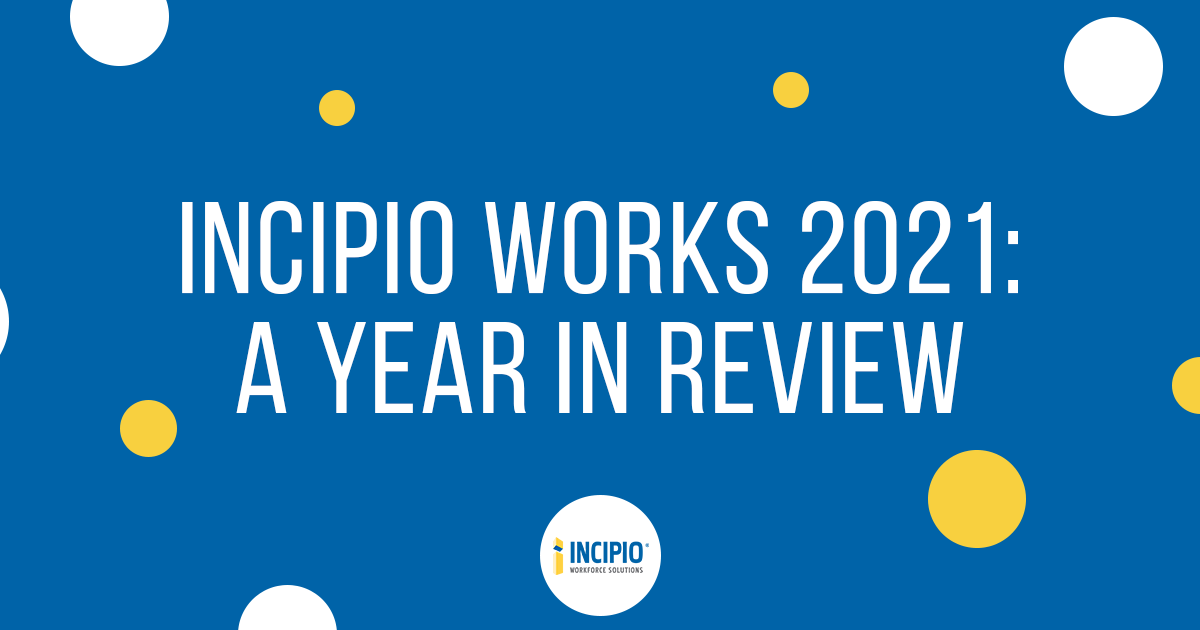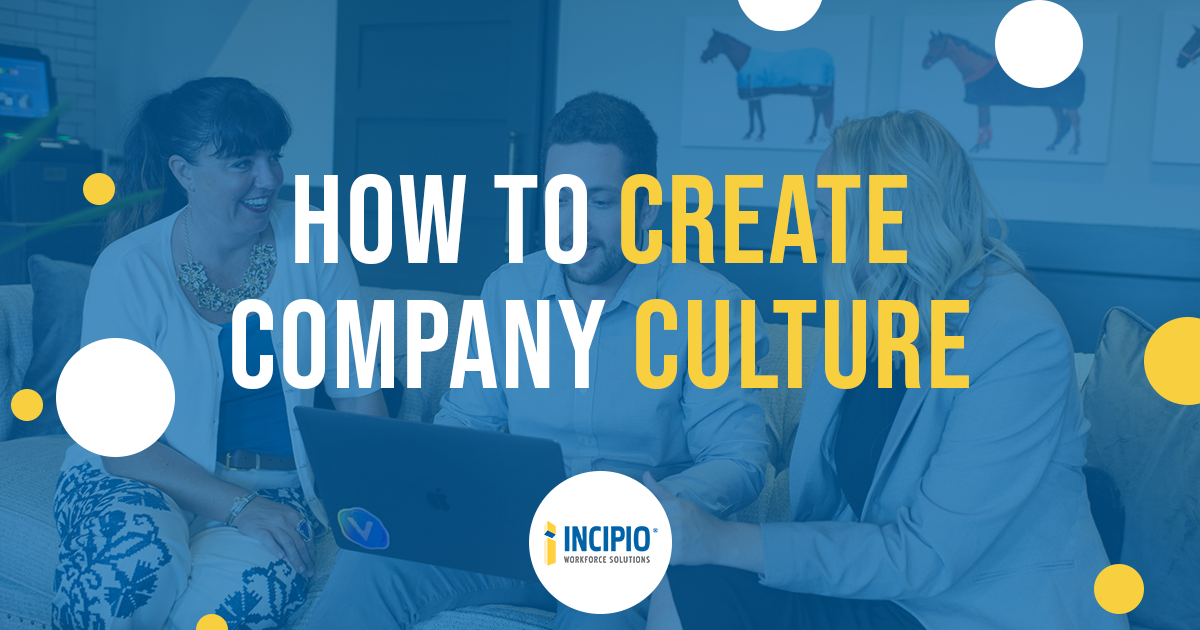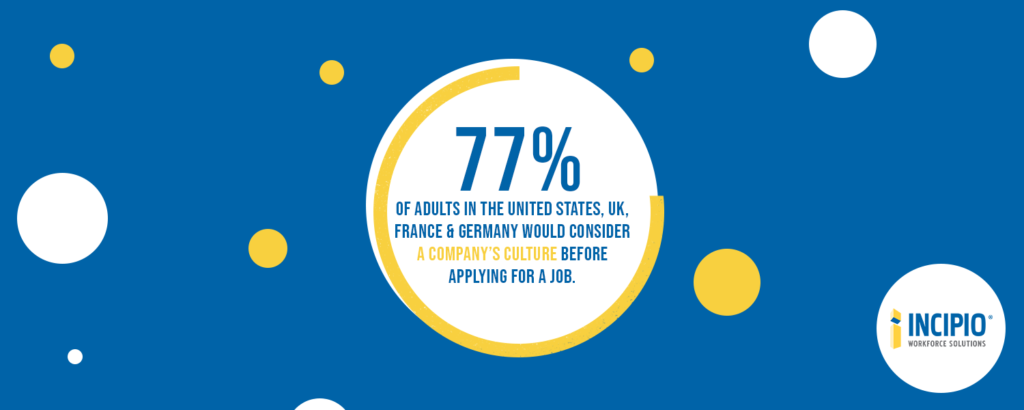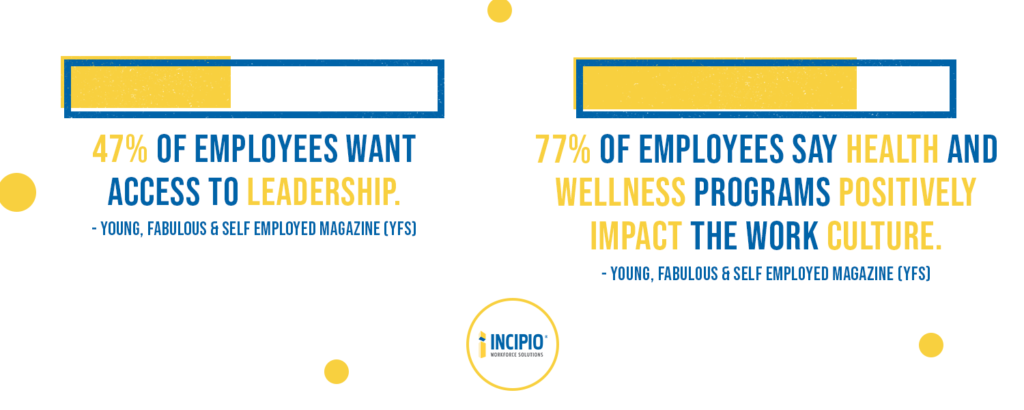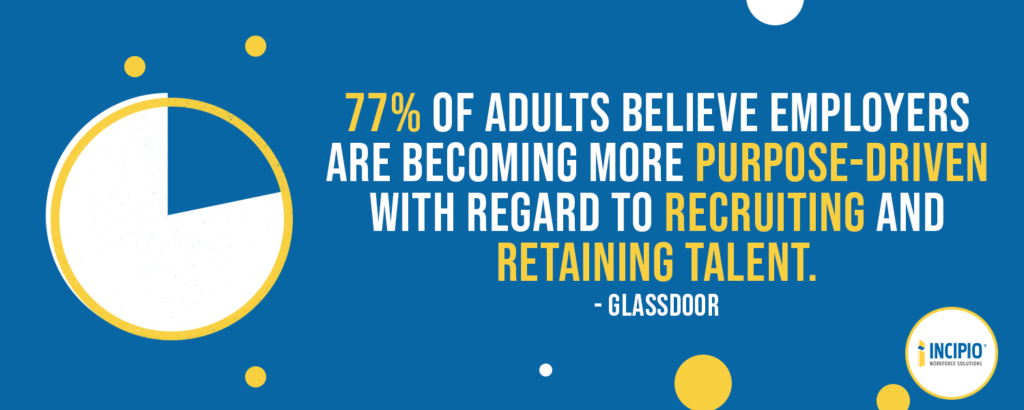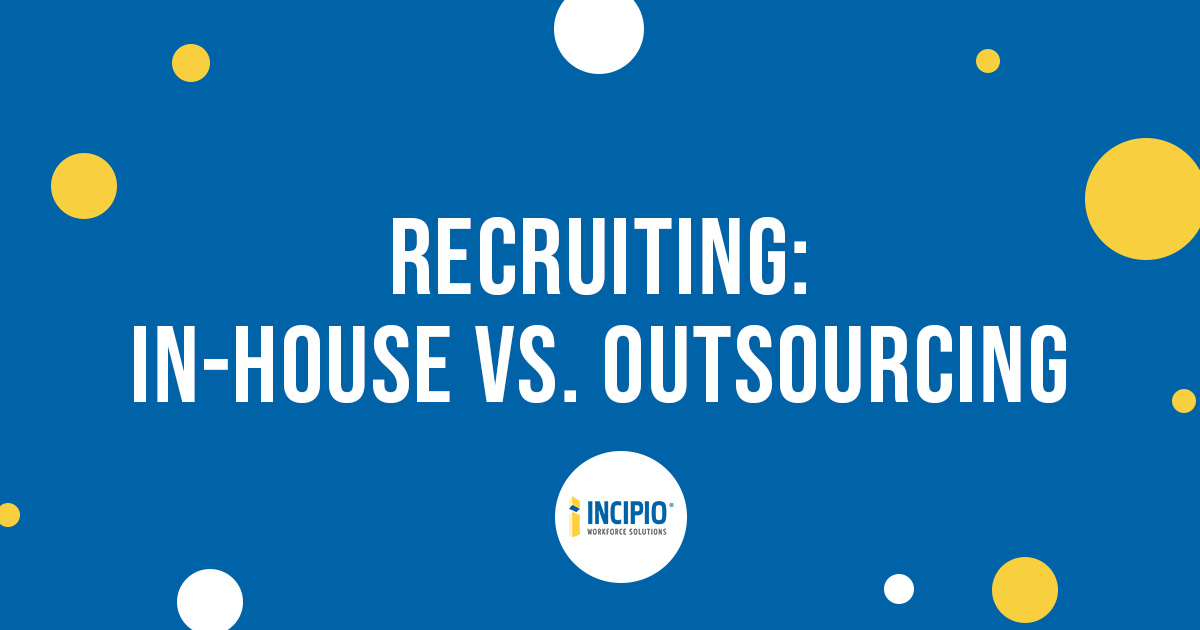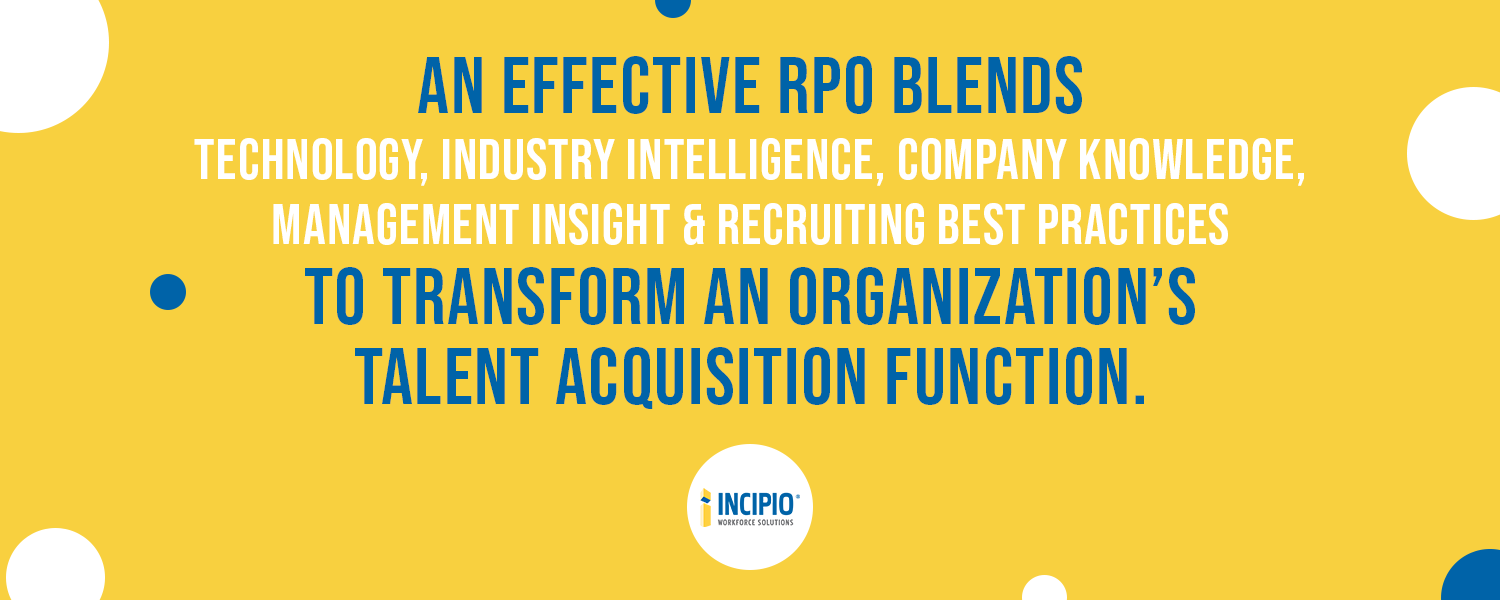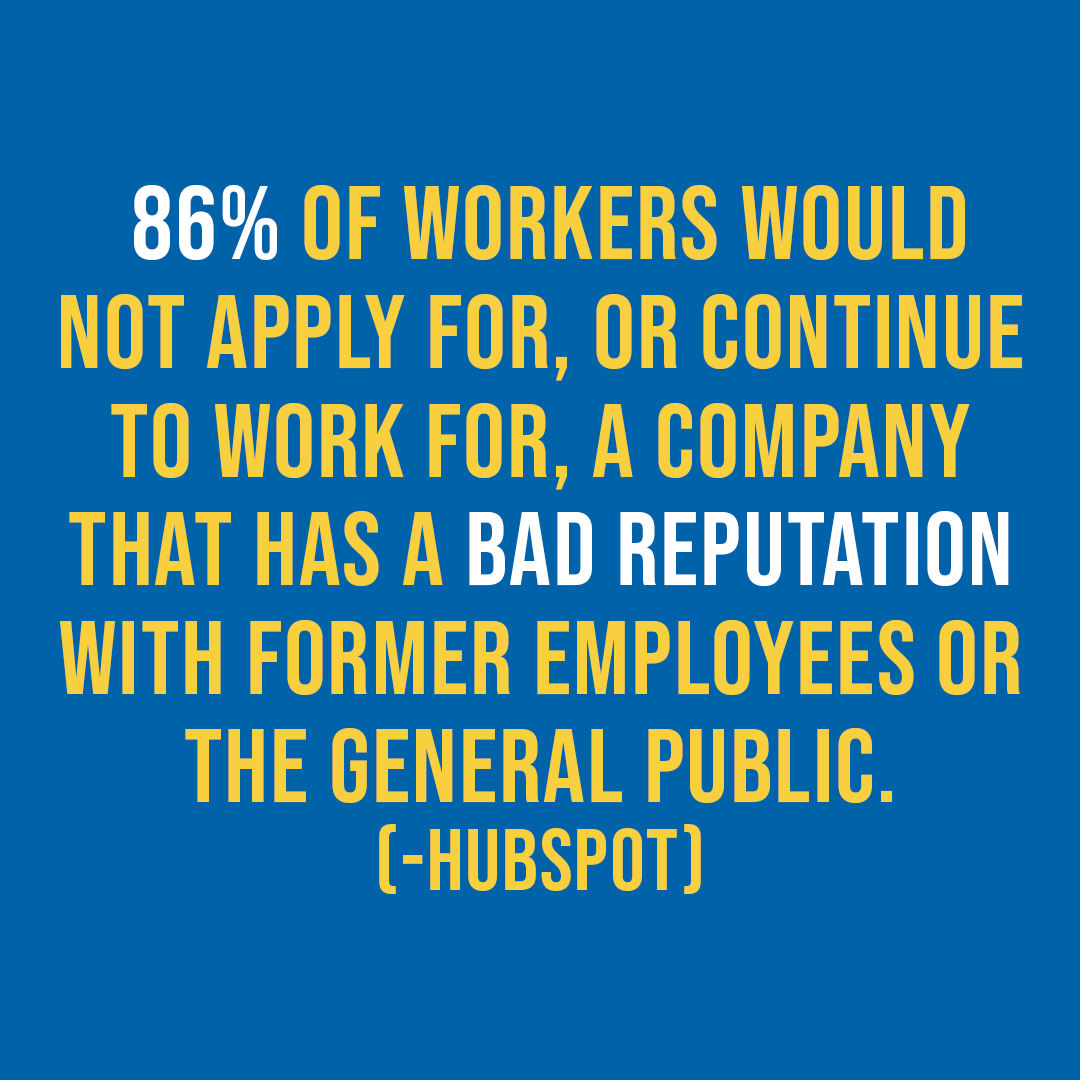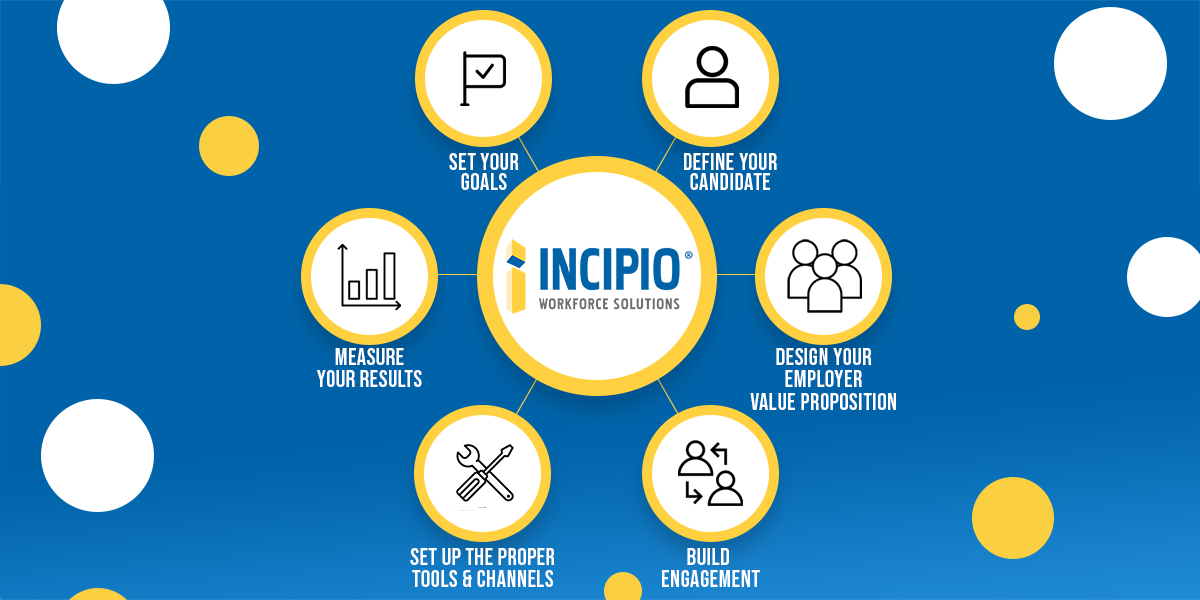If you have been paying attention the past year, most industries and sectors have struggled with attracting talent and keeping talent. All evidence points to a prolonged tightening of the labor market, which is why it is vital that recruiters and the companies that are looking to hire need to think out of the box and consider alternative strategies.
The labor market has been a fluid environment with several challenges over the last few years. As we embark on the new normal following the pandemic and the “Great Resignation,” the challenges faced by hiring managers and recruiters are considerable. Even before COVID-19 rocked the world, recruiters have had to navigate changing demands and challenges. From technological advancements, candidate priorities, remote working, and a later retiring workforce, recruiting these days can be complex. Recruiters and hiring managers must stay ahead of the game and pivot when necessary.

REMOTE WORKING
One of the biggest challenges over the last 18-24 months has been the shift to remote working. While remote working initially required some significant adjustments for some organizations in terms of logistics, technology, work culture, and the ability to manage a team, remote working proved to be viable, productive, and extremely popular in most instances. Although remote work is not feasible for all sectors of the economy, we have learned that many roles outside of the service, hospitality, healthcare, and retail sectors can be done remotely. Remote working has provided flexibility for many employees and has allowed them to balance their work and personal lives. Remote work requires a high level of trust on the part of the employer and work ethic on the employee. Communicating expectations concerning productivity and availability are essential for the remote work environment to be mutually beneficial. With remote working comes the challenges of recruiting remotely.

Recruiters and companies must mirror their current work environment during the recruitment process. It’s time to embrace the virtual recruiting environment. Utilize Teams, Zoom, and other virtual platforms that allow you to be face to face with your candidates virtually. Remote working and interviewing can also benefit employers as it enables them to recruit from a broader and more diverse talent pool. An organization must understand its long-term goals regarding remote working. Many outsourcing companies are familiar with the virtual recruiting process and can assist in sourcing and initial screens.
UNQUALIFIED CANDIDATES
Another recruiting challenge that seems prevalent in today’s environment is the vast pool of applicants applying for open positions but seemingly lack the qualifications that companies are looking for or simply not the right fit for the organization or culture. How and where you advertise your current openings can impact the quality and candidate compatibility to the role you are looking to fill. For instance, certain industry sector candidates may gravitate more toward an Indeed-type platform than LinkedIn. Understanding which platform may suit your needs can be challenging and expensive if you are not familiar with what is available.

Working with an outsourcing company like Incipio may provide the most cost-effective and efficient screening process for your organization, thus allowing you to focus on your core business and leave the screening up to the experts. Creating effective job descriptions and open position listings are also crucial in attracting the best candidates. Clear and concise job postings that list necessary basic skills and qualifications can deter unqualified candidates from applying. Having an experienced screener, whether in-house or outsourced, can also eliminate spending time on candidates that may not be qualified. If you find that many applicants are a bit green for the roles you are looking to fill, designing an apprenticeship program or a “get your foot in the door” approach allows you to train candidates to become the employee you desire.
COMPANY BRAND AND CULTURE
Candidates these days are very intentional about where they are seeking employment. That in itself is not the challenge. Where the challenge lies is in your company brand. Do you have a solid online presence? Is that presence communicating a consistent brand message on your website, social media pages, and job post websites? Company reputation and branding are vital in today’s market. Candidates are purposefully looking for companies that meet their needs regarding flexibility, compensation, growth opportunities and mirror their values regarding sustainability, community involvement, diversity, inclusion, and equity. Now more than ever, in this candidate-centric market, you need to have a clear company brand that is communicated through several avenues. Your company must stand out among its hiring competition if you want to attract the best candidates.

INTERVIEW PROCESS
Are you losing talent before you even have a chance to decide if you want to make them an offer to join your team? Recruiting new team members can take time. A streamlined process must be in place when hiring. According to Dr. John Sullivan, a professor of management at San Francisco State University, the cost of candidate withdrawal is real, and the investment in time and resources may place a drain on your team and finances. There are reasons why candidates choose to remove themselves from the hiring process, and it is crucial to determine why it is happening in your organization. A candidate may choose to withdraw for a few reasons. Some of these might include your application process may be too lengthy, they may have had a chemistry issue with the screener or hiring manager. Additional factors might include the job posting not matching what the candidate was told in the interview process and the interview process being long and drawn out. A key reason for self-selecting out of the process is lack of communication between the candidate and the recruiter or hiring manager.
Your application process must be as seamless as possible. Many candidates will drop out of the process before completing the application if it is repetitive, long, confusing, and not accessible. Making it easy to apply via your phone and utilizing programs that allow a candidate to upload a resume instead of entering in their work history can help alleviate this issue.

One of the primary reasons for candidates to self-select themselves out of the hiring process is the length of time from initial application to offer. SHRM found the average time to fill a position is forty-two days, but candidates generally make decisions within ten days of applying with a company. The very best candidates are more than likely being pursued by other companies, maybe even your competition. Making sure that you move them through the interview process in a timely manner while ensuring they are the right fit can be a delicate balance, especially when juggling core business tasks and recruiting. Outsourcing allows for the focus to be on the candidate and ensuring that they are the right fit.

Follow-through and communication are also key factors in making the hiring process a positive experience for candidates. It is imperative that you communicate throughout the process and set expectations with the candidate. Communicate how many interviews they will be invited to complete should they move through the entire hiring process. Hiring Managers and recruiters must also communicate when they plan on deciding about the position the candidate is seeking.
Successful business leaders understand their core competencies and generally surround themselves with strategic partners. If recruiting, human resource generalist duties, and company branding are not your core competencies, you may want to consider partnering with an organization like Incipio, which will be hyper-focused on the expertise you need in the areas of human resources, recruiting, and employer branding.

Find your next great hire! Call us at 502-409-4821 or email us at [email protected].
Follow us on social media – we’re on Facebook, LinkedIn, Twitter and Instagram
BOILERPLATE: Incipio Workforce Solutions is a strategic partner in helping businesses thrive through recruiting, HR solutions, direct hire recruiting, employer branding, team building, and more! Since 2015, Incipio has been on a mission to transform the way companies attract, engage, and delight their team members. Our professional services break down the challenges you face and create manageable goals, obtainable standards, and process improvements to reorganize, revitalize, and redefine what was into what is possible. Comprised of expertise in HR, Recruiting, Employer Branding, and Service, Incipio gives companies the tools they need to successfully manage their employee experience from interview to retirement. For more information on how we can help you and your business, call us at 502-409-4821 or email us at [email protected].
![]() incipioworkstg
on
February 28, 2022
incipioworkstg
on
February 28, 2022

